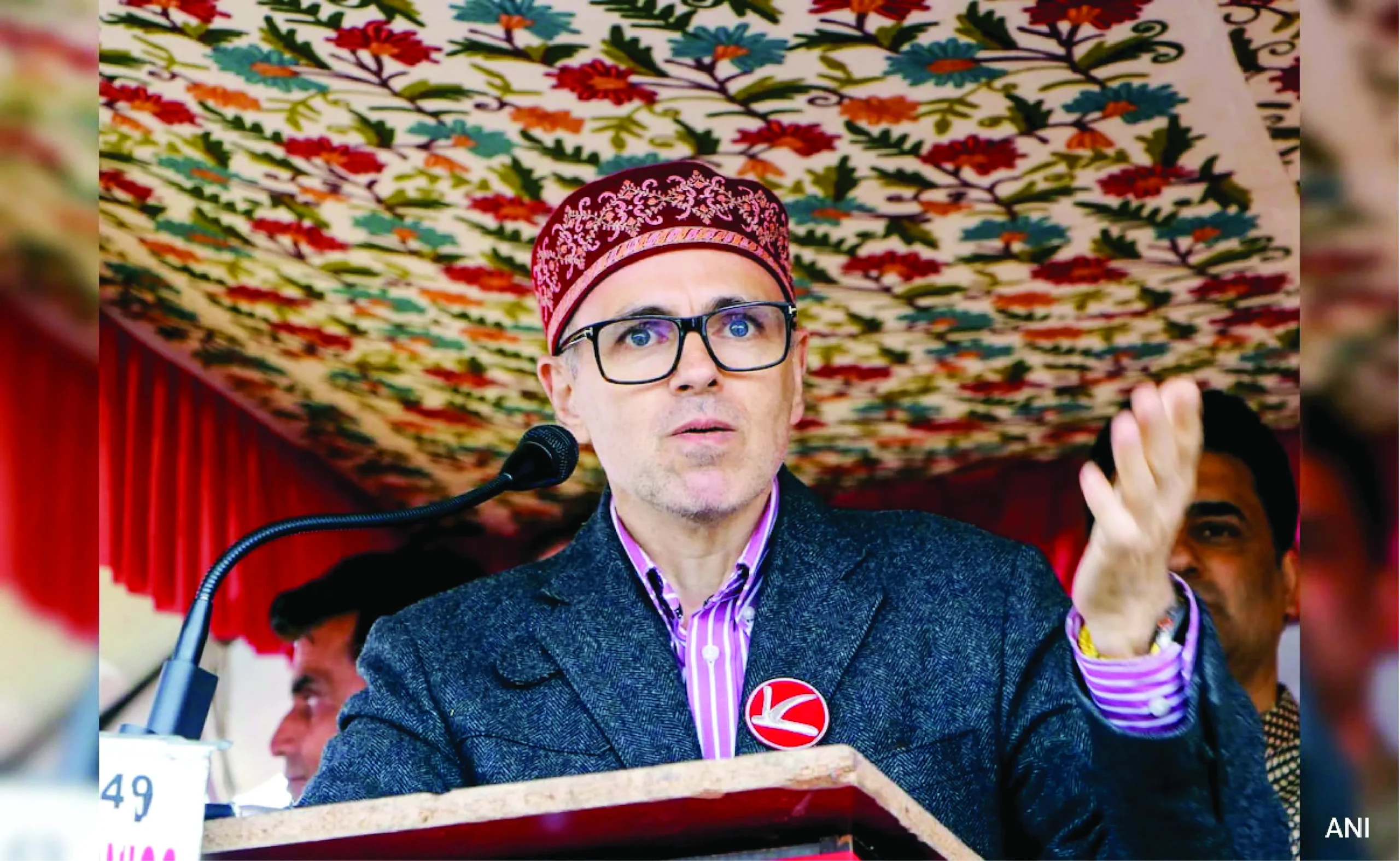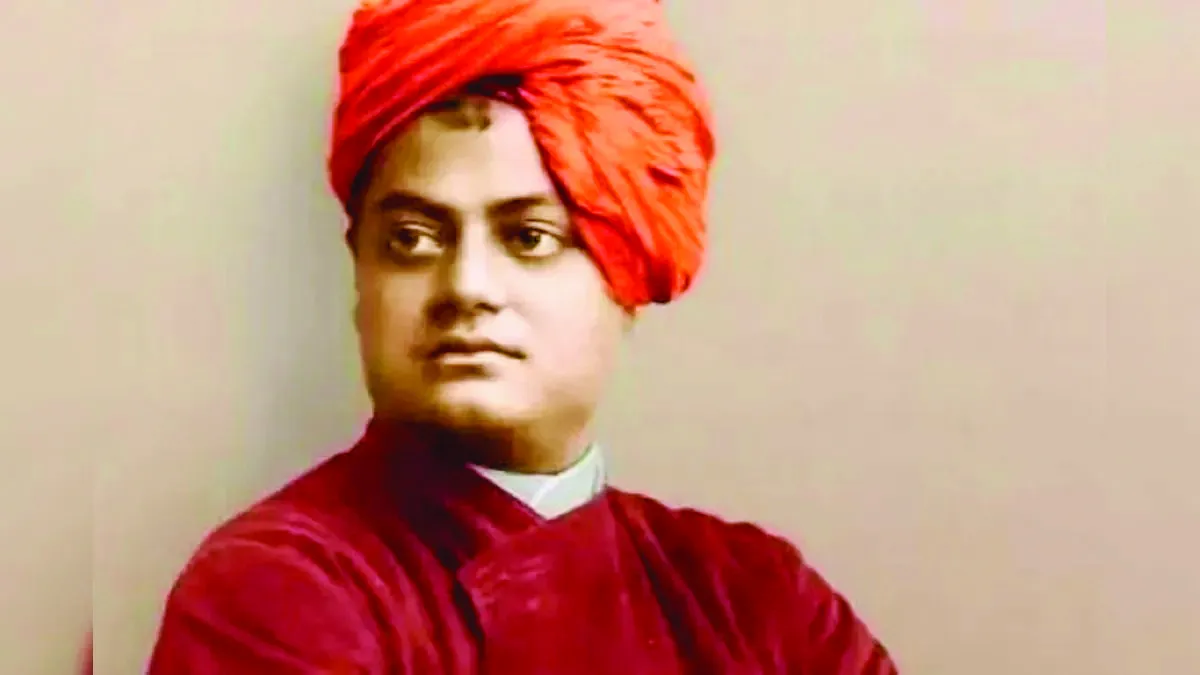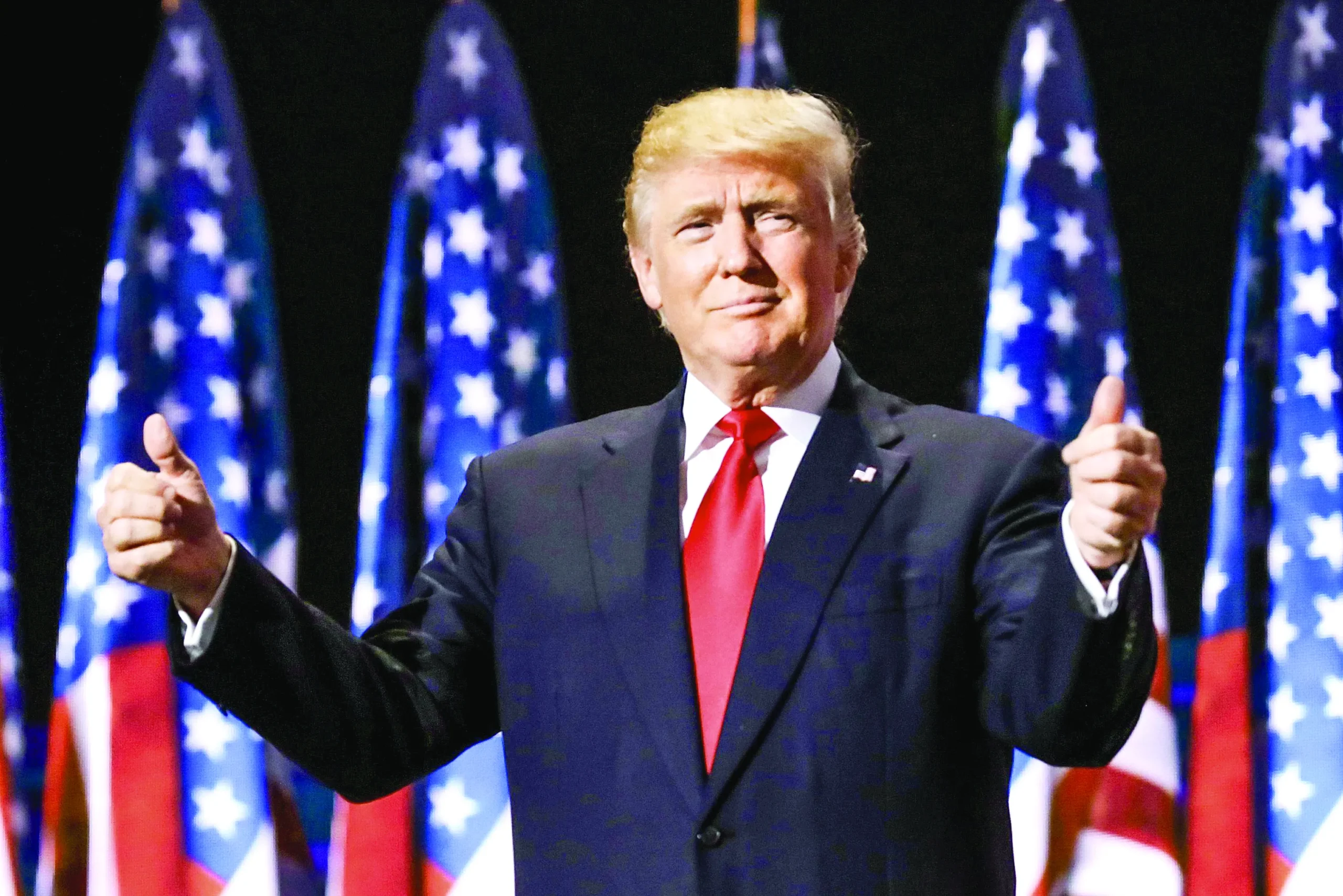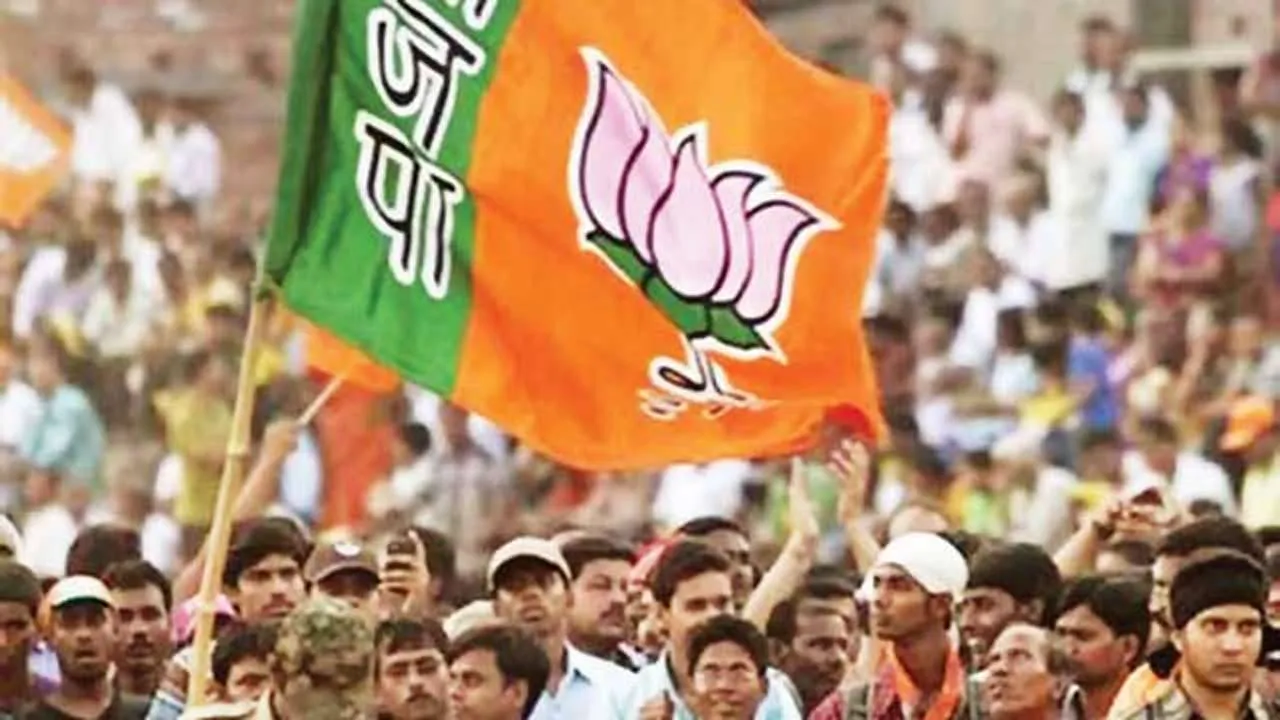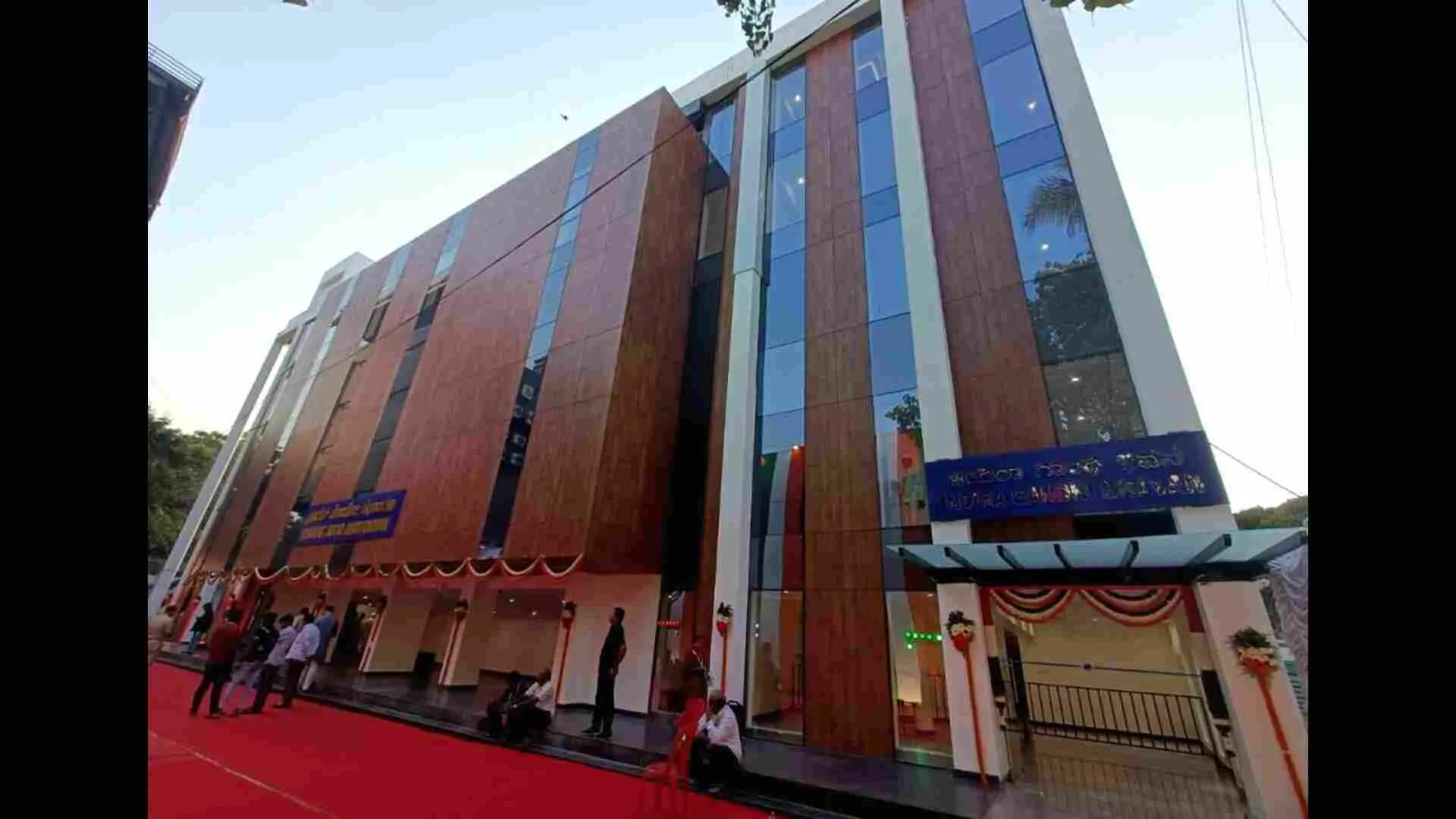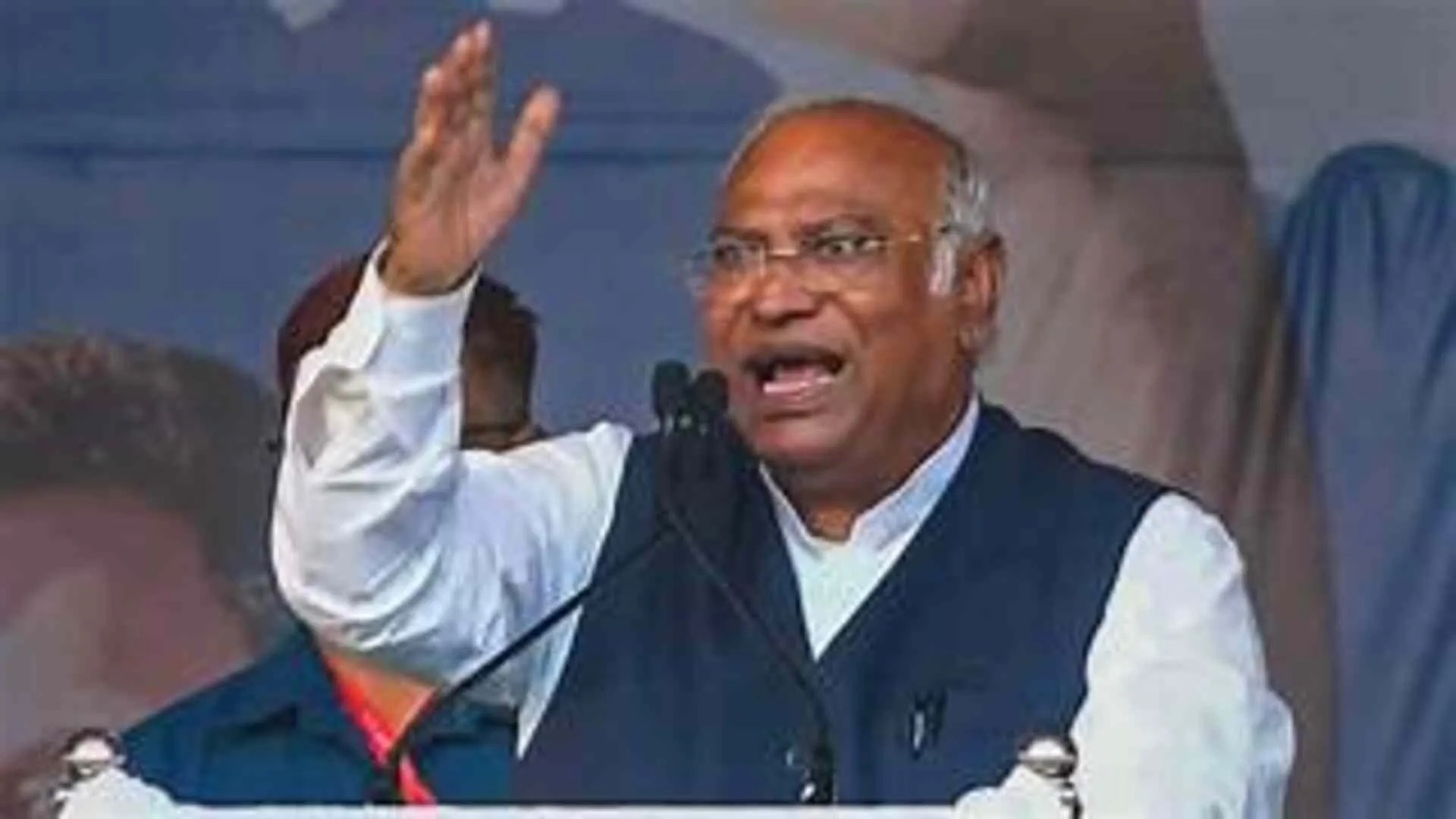Procreation has long been one of the traditional objectives of marriage, which has typically been seen as a socio-centric institution between consenting heterosexual adults. The country is divided with opinions regarding the legalization of Non-Heterosexual Marriage Unions (NHMU). The Indic civilization has been aware of and accepting of non-binary relationships, the most common type of relationship has been between a man and a woman, and this has played a significant role in shaping the moral values of the society. Recognizing relationships that fall outside this so-called designated norm requires societal discussion and consideration of extending the penumbras of the norm to accommodate non-normative relationships. In a parliamentary democracy, the normative mainstream’s involvement is essential for discussions. Although public morality isn’t the only aspect of societal or constitutional discourse, it is crucial for constitutional morality to consider it in cultural and societal issues, as it forms a key component of the constitutional morality framework. Marriage is not just a personal bond, but a social institution requiring socio-legal recognition. This recognition establishes rules and procedures and gives couples rights and responsibilities, such as inheritance, tax benefits, and child custody. Demanding the legalization of NHMU that petitioners’ requests are unviable since they try to individualize the social institution of marriage.
Seeking state recognition for NHMU through the Supreme Court is undemocratic and unconstitutional. The Supreme Court is an unelected organ. While society’s attitude towards non-heterosexual relationships has progressed, exemplified by the Transgender Persons Act of 2019, it should evolve at its own pace regarding NHMU’s socio-legal recognition. There is a significant difference between the affirmative action of legally recognizing NHMU and the decriminalization of non-heterosexual acts as stated in Navtej Singh Johar v. UoI (2018). The former didn’t result in or call for creating a regulated ecosystem, but the latter is demanding that. Decriminalization safeguards civil liberties, but legal recognition of NMHU demands a comprehensive legislative approach. This includes policy formulation, law enactment, infrastructure development, and specialized training to address unique needs. Legal recognition may require amendments to existing laws on marriage, inheritance, and child custody to accommodate diverse relationships and family structures. A piecemeal judicial approach to the recognition of NHMU may lead to fragmented rights without considering the interplay between legislations. A decolonial approach to lawmaking is recommended, which codifies social realities and respects cultural values, public morality, fairness, and constitutional morality. This inclusive approach helps create a legal framework that reflects diverse perspectives and addresses the needs and concerns of various communities.
The Special Marriage Act of 1954 (SMA) is limited, as it only applies to heterosexual, cisgender marriages. While Articles 32 and 142 of the Indian Constitution empower the Supreme Court, these provisions cannot contradict the Act’s legislative intent if we make a comparison with the Vishakha case, where guidelines were established in a legal vacuum, leading to the enactment of The Sexual Harassment of Women at Workplace Act, 2013. However, the history of the Special Marriage Act doesn’t allow for a similar application of Articles 32 and 142 of the Constitution of India. The judiciary interprets laws and constitutional provisions, including unenumerated rights consistent with enumerated rights, the provision’s language, and the statute or Constitution’s intent. However, it’s the lawmakers’ role to amend laws based on societal changes, not the judiciary’s. The petitioners asking the court to change the SMA’s original intent to include non-heterosexual marriages is inappropriate, as it’s the lawmakers’ responsibility to update laws reflecting evolving attitudes, not the judiciary’s. Judicial recognition of NHMU in some jurisdictions occurs without societal participation and legislative authority, emphasizing the need for careful judicial policymaking in matters of sex and gender. It is important to recognize the importance of an individual’s right to self-identify their gender while highlighting potential concerns of abuse or misuse of protective measures for cis-females in legislation like the SMA. Scrutiny is necessary to avoid undermining the intended purpose of these measures and maintain equality within the legal system.
Using the NALSA judgment to include all LGBTQIA+ identities within the definitions of “man” and “woman” under the SMA is inappropriate, as it primarily focuses on acknowledging a third gender category rather than the entire LGBTQIA+ spectrum. The problem with considering the LGBTQIA+ community as a single, homogenous group is that its members have diverse sexual orientations and gender identities. This diversity calls for a “sui generis” treatment, demanding a unique and distinctive approach when addressing legal rights and protections for NHMU. There’s a difference between cohabitation and legal recognition of NHMU. While there is no barrier for NHMU couples to live together, legal recognition is more complex, as it involves broader considerations, including societal and state inputs. Granting legal recognition without these considerations could undermine constitutional morality principles.
Akash Bag is Research Scholar, School of Law, Amity University, Chhattisgarh. Anwesha Ghosh is Research Scholar, Department of Law, School of Legal Studies, Central University of Punjab, Bathinda.


